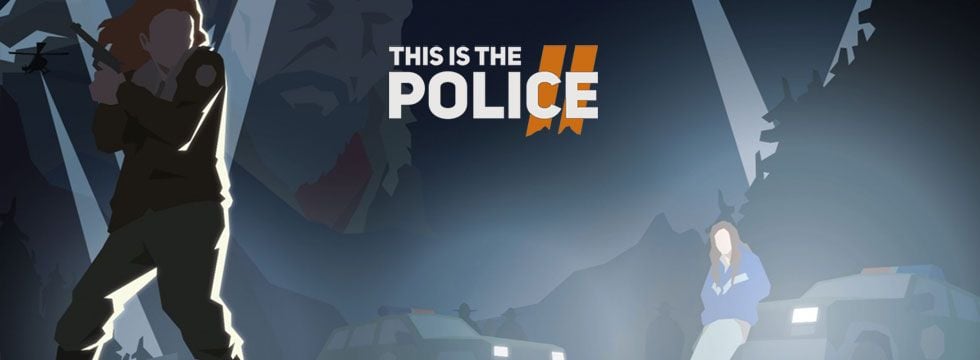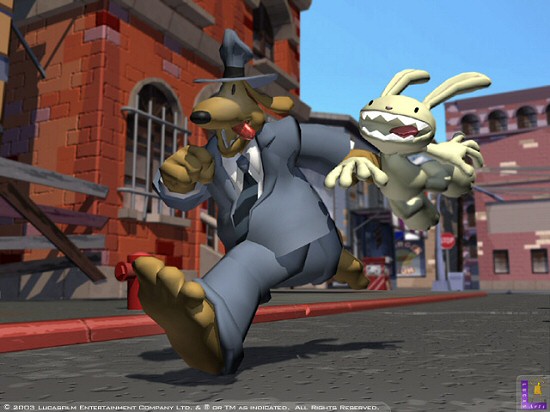

I’ve known and been friends with so many cops and all of them say the same thing: You’re always on guard because you never know what you’re walking into, and mistakes can get you killed.

Cops’ first and biggest concern is safety: I cannot over-emphasize this: The job of a police officer puts him in potentially dangerous situations every day, so everything he does starts with ensuring his personal safety. The 3 Things You MUST Understand About How Cops Think:ġ. Seriously, it sounds like bullshit, but understanding them and relating with their position is critically important if you want them to let you skate on the stupid things you do. The first step in dealing with cops is empathy. This post is simply my opinion on the best way to think about the psychology of interactions with law enforcement, and has NOTHING to do with specific legal advice. Yes, I went to law school, but no, that doesn’t mean all my advice is legal advice. The only person you should ever take legal advice from is a lawyer who is licensed to practice in your jurisdiction. So how did I accomplish that? There is a right way and a wrong way to deal with cops, I did it the right way, and I can teach you how to do that same.īefore I start on this, let me be very clear: This post is NOT intended as legal advice. Despite all that, I’ve never faced a serious felony charge, or really even a serious misdemeanor. I’ve been under threat of arrest and been taken into custody so many times I used to know arrest procedures as well as the guys slapping on the cuffs. Not the case.ĭon’t get me wrong, I had run-ins with A LOT of cops. He just assumed I’d been arrested countless times and indicted on at least a few of them.

I recently had to do an interview to get a security clearance (it’s not for something cool, unfortunately), and the guy interviewing me–having read my books–was shocked I had such a limited criminal history.


 0 kommentar(er)
0 kommentar(er)
